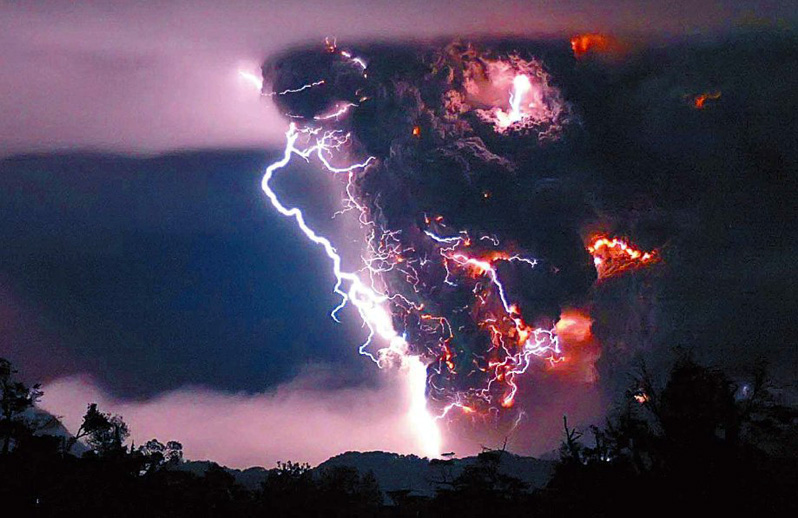But one year after the movement began, it has been reduced to a shadow of its former self: Occupy’s makeshift camps have been shuttered, its membership has dwindled amid internal squabbling and what critics called a lack of direction and goals, and its hopes for social change so far have been unrealized.
Amid this backdrop, Occupy protesters have organized a sit-down protest around the New York Stock Exchange in Wall Street on Monday, their one-year anniversary, hoping to regain some momentum.
“Why are we going back to Wall Street? Because the one percent wants it all and they’re not giving any of them up without a struggle. Economic conditions are roughly as bad as they were a year ago and for many, many people they’re precarious,” said Bill Dobbs, of the Occupy Wall Street public relations team.
As Occupy struggled to find its footing after being booted out of its camps, the New York flagship, in particular, wrangled with internal conflicts over financial transparency, leadership and tactics.
Jon Reiner, a laid-off New York marketing executive who traveled to many Occupy camps last fall, is disheartened the movement didn't engage in electoral politics.
“I think there’s an opportunity that it has missed,” said the middle-aged husband and father of two. “I’m still meeting people my own age who are still being laid off. … so the issue has the same prominence in terms of its impact on people’s lives, and I think that the movement shouldn’t be quiet about any of this, and one way not to be quiet in an election cycle is to get yourself in the face of the … candidates."
“I still identify myself with the movement,” he added, “but I don’t feel like I have necessarily an outlet for my activism.”
Another point of contention was whether the movement should embrace violent tactics.
“These big arguments took up a lot of time and energy for months over whether the tactics should remain strictly nonviolent,” said Todd Gitlin, a professor of journalism at Columbia University who wrote a book on Occupy. “ … the turning inward of energy was not constructive."

























